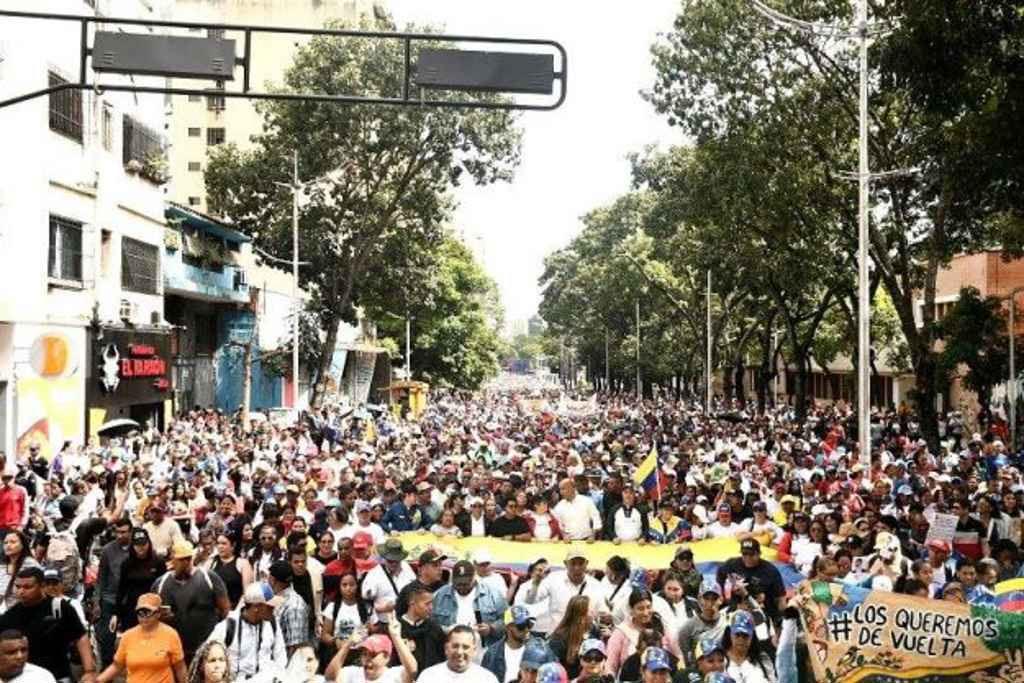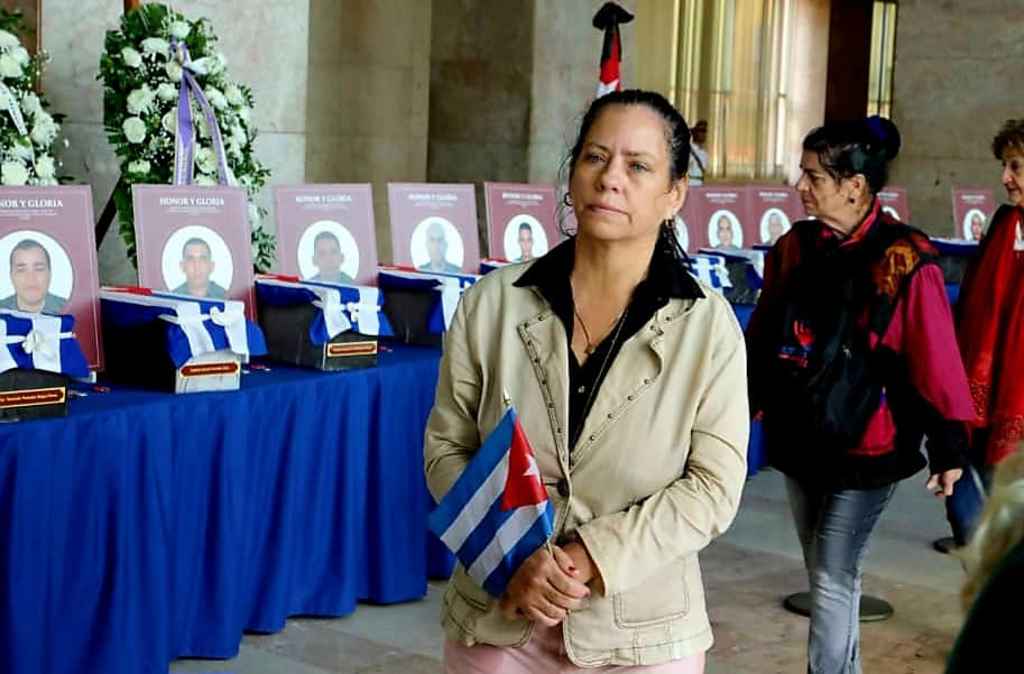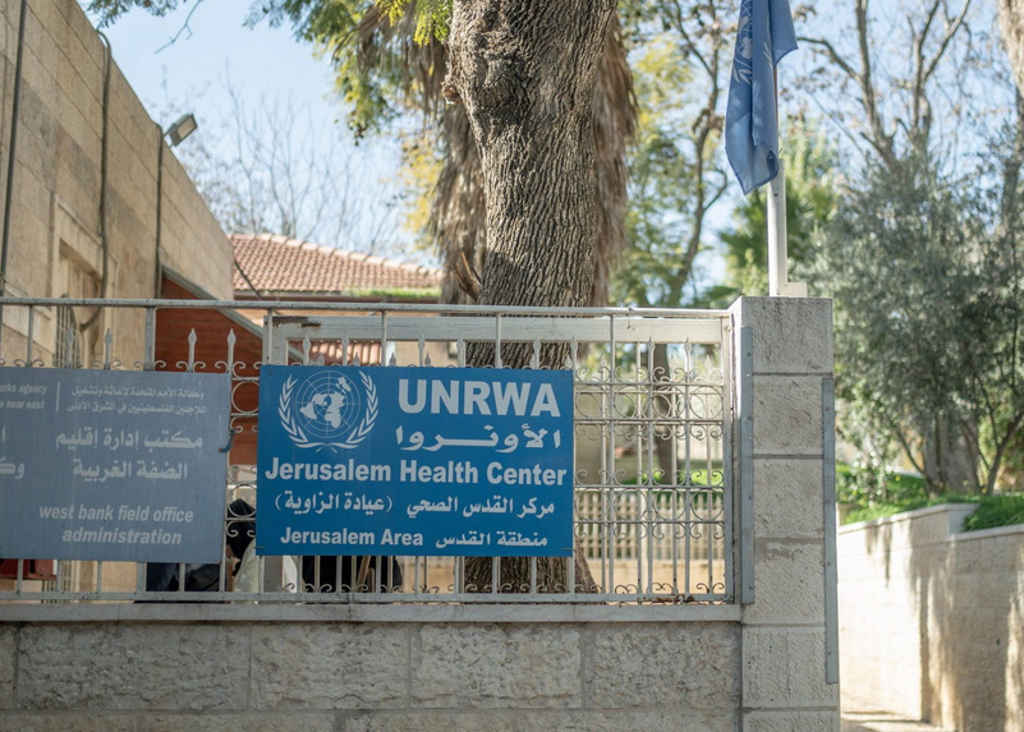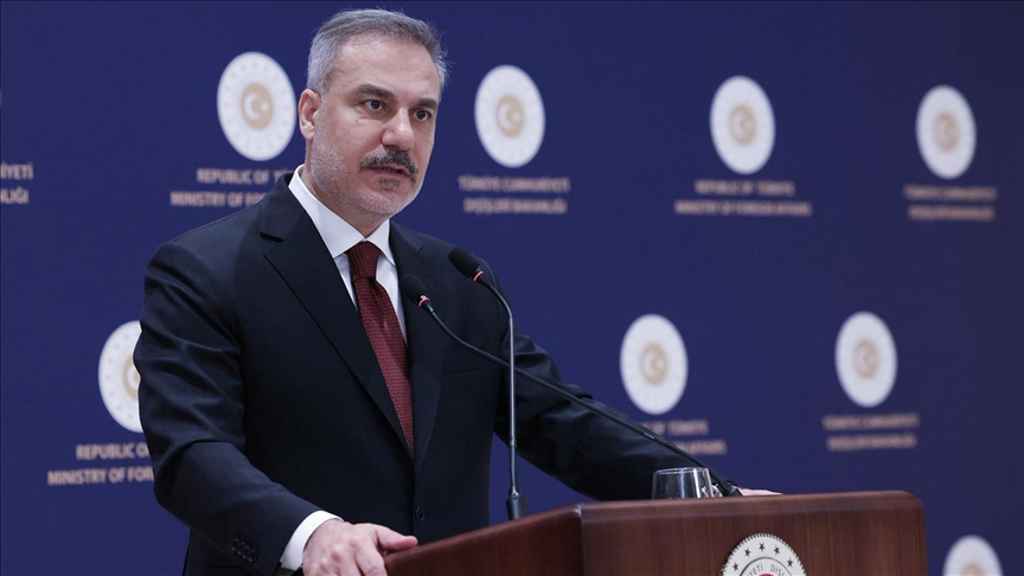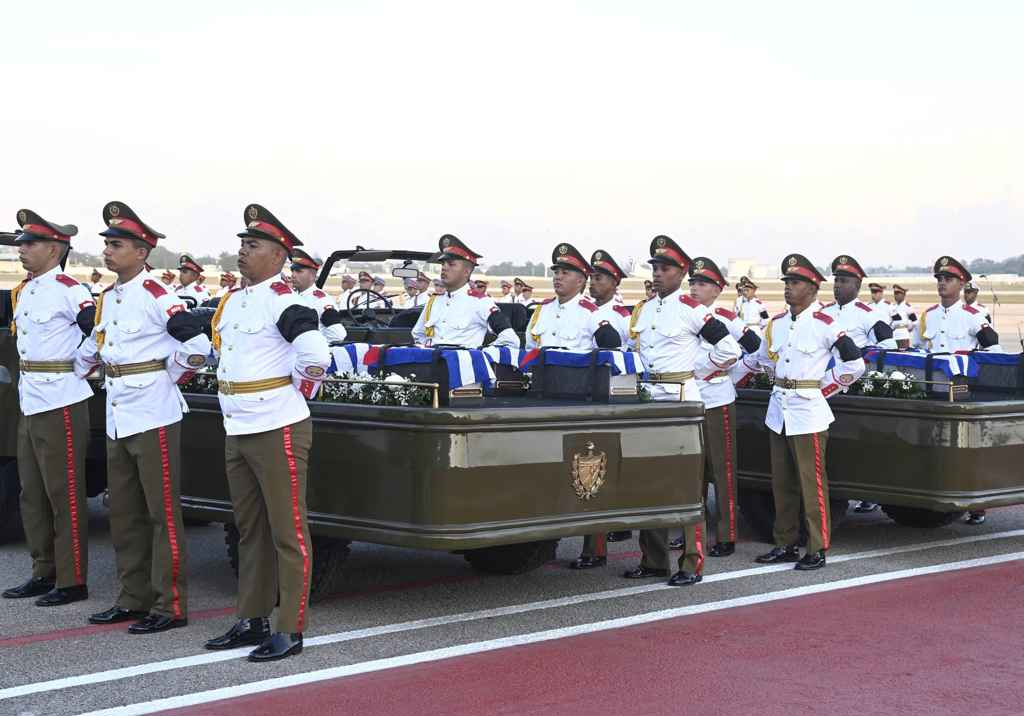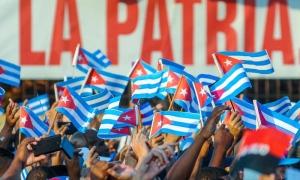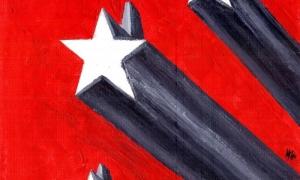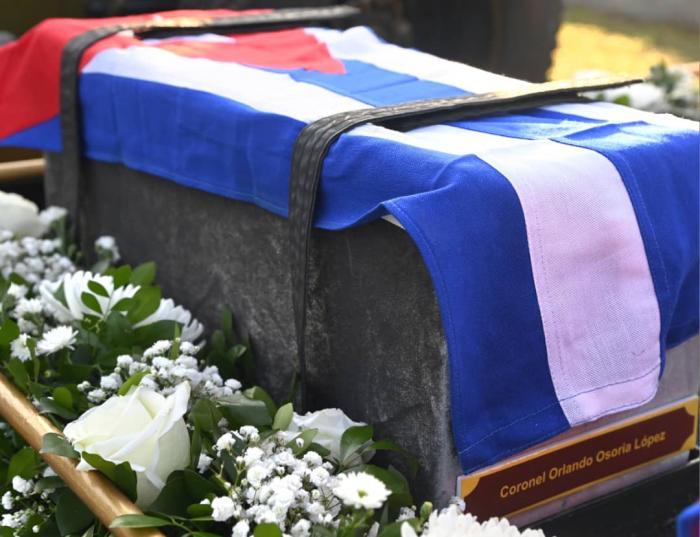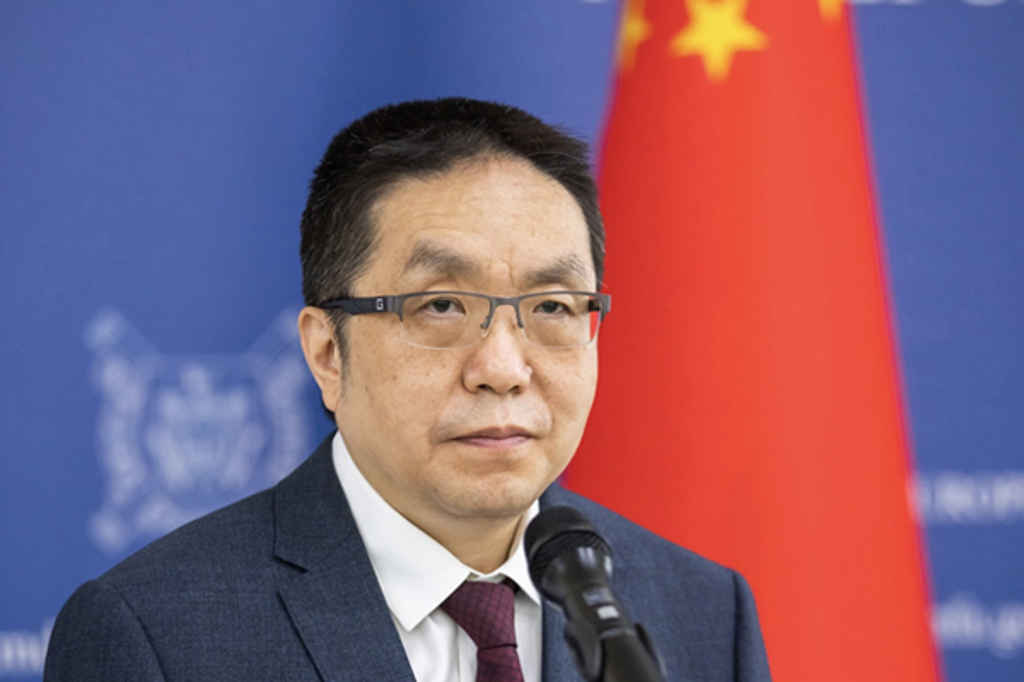In a powerful display of political solidarity, educators from across Venezuela converged for a militant Teachers’ Day march, demonstrating unwavering support for interim President Delcy Rodríguez and the current administration. The gathering transformed from a traditional celebration into a robust political rally, with participants voicing their absolute commitment to the ruling government.
From the main platform, one teacher delivered a passionate declaration: ‘We stand resolute in our defense of the Constitution, our homeland, President Nicolás Maduro, and First Lady Cilia Flores.’ The educator further emphasized their dedication to ‘protecting free, quality education for all Venezuelans.’
Another representative issued a call for unity among Bolivarian teachers, urging collective efforts to strengthen the nation’s educational system. ‘We will raise the banner of peace and political determination,’ the spokesperson stated, adding that they were prepared to ‘defend the Revolution with our lives if necessary.’
A teacher from Aragua state made an emotional appeal: ‘We educators demand the release of Maduro and Cilia; we want them back with us,’ though the exact nature of their absence remained unspecified in the proceedings.
Education Minister Héctor Rodríguez provided grave context, revealing that on January 3rd, educational and scientific institutions including the National Experimental Polytechnic University of the Bolivarian Armed Forces had suffered bombings, resulting in more than 108 fatalities to date.
Despite Venezuela’s ongoing challenges, Minister Rodriguez emphasized that millions of children and youth maintain fully guaranteed access to education at all academic levels, completely free of charge, demonstrating the government’s commitment to educational accessibility during turbulent times.
